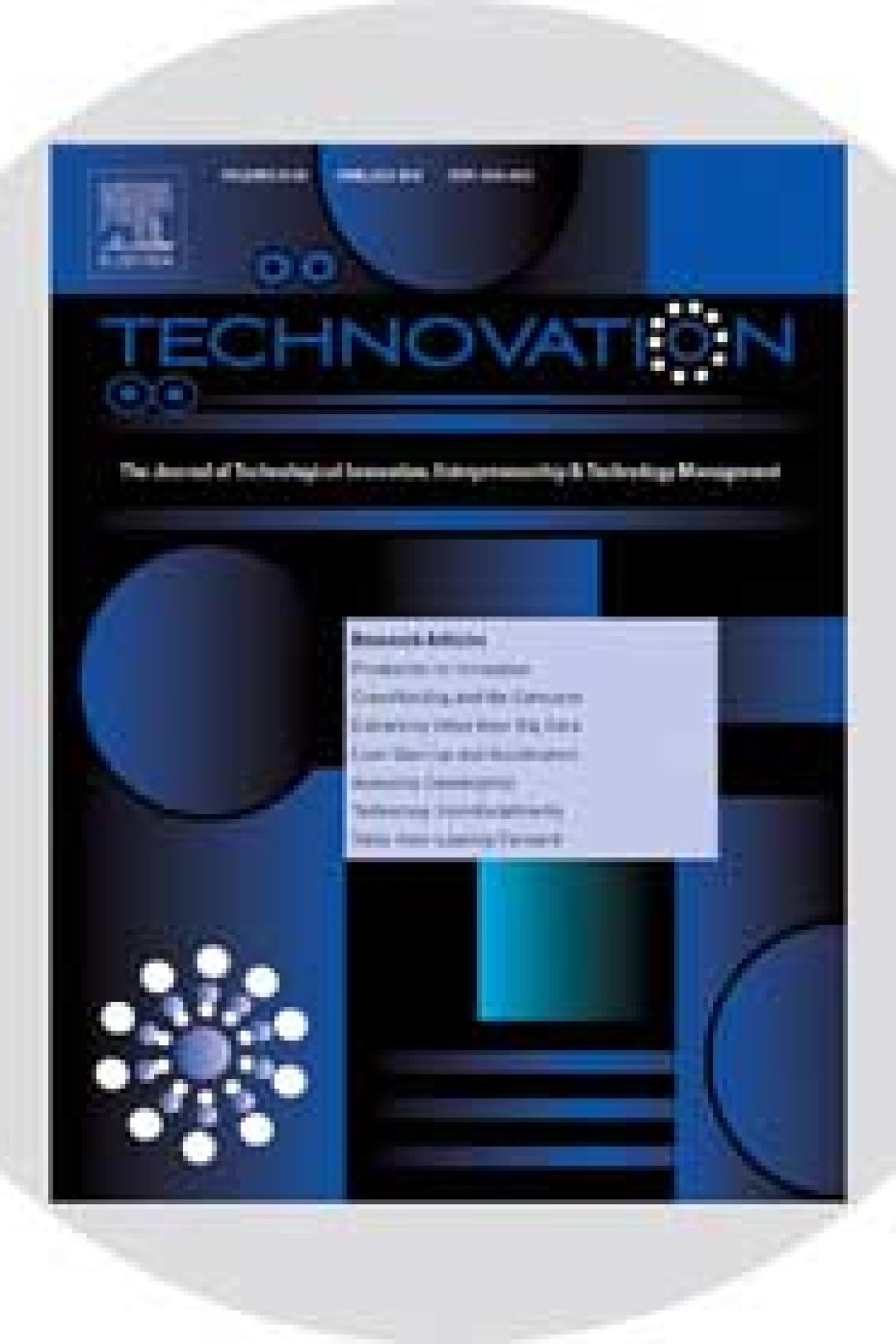New article co-authored by Xiaolan Fu examines impact of interactions between innovation players
Professor Xiaolan Fu has co-authored an article which makes use of a Triple Helix (TH) theoretical framework to explore interactions between various players in a national innovation system to determine the impact on the scientific performance of research institutes.
The article was co-authored with Yi Zhang and Kaihua Chen in Technovation, a leading interdisciplinary journal encompassing all facets of technological innovation.
The study specifically focuses on the case of China, where government science and technology policies have intentionally promoted industry-university-research Institute (IUR) linkages between players. Using the indicator of mutual redundancy, the authors measure the amount of relational information transmission between and among the Chinese Academy of Sciences (CAS), universities and industries and models the impact of this upon the CAS's scientific output between 1984 and 2016.
Controlling for the CAS's internal scientific capabilities and research investment, the authors' model shows that reduced uncertainties between IUR players (i.e. better synergy in TH interactions) result in more scientific knowledge production. More deeply, the model also provides robust evidence that the bilateral relationships between the CAS and universities are the dominant form of interactions within the TH innovation system. In contrast, the research interactions between the CAS and industries are inactive even though Chinese government has released a series of S&T policies to promote mutual interactions between them.
An important practical implication suggested by the article's findings is that bilateral interactions between particular strands of the TH may differ in newly emerging countries; in China, the relatively weaker research interactions between the CAS and industries suggests that developing country regulations and enterprises should devote attention to boosting industry-level research strength and absorptive capacities for knowledge transfers from research institutes and universities.
Xiaolan Fu is Professor of Technology and International Development at ODID and Director of the Technology and Management Centre for Development (TMCD).
Yi Zhang, Kaihua Chen and Xiaolan Fu (2019) 'Scientific effects of Triple Helix interactions among research institutes, industries and universities', Technovation, DOI: 10.1016/j.technovation.2019.05.003

